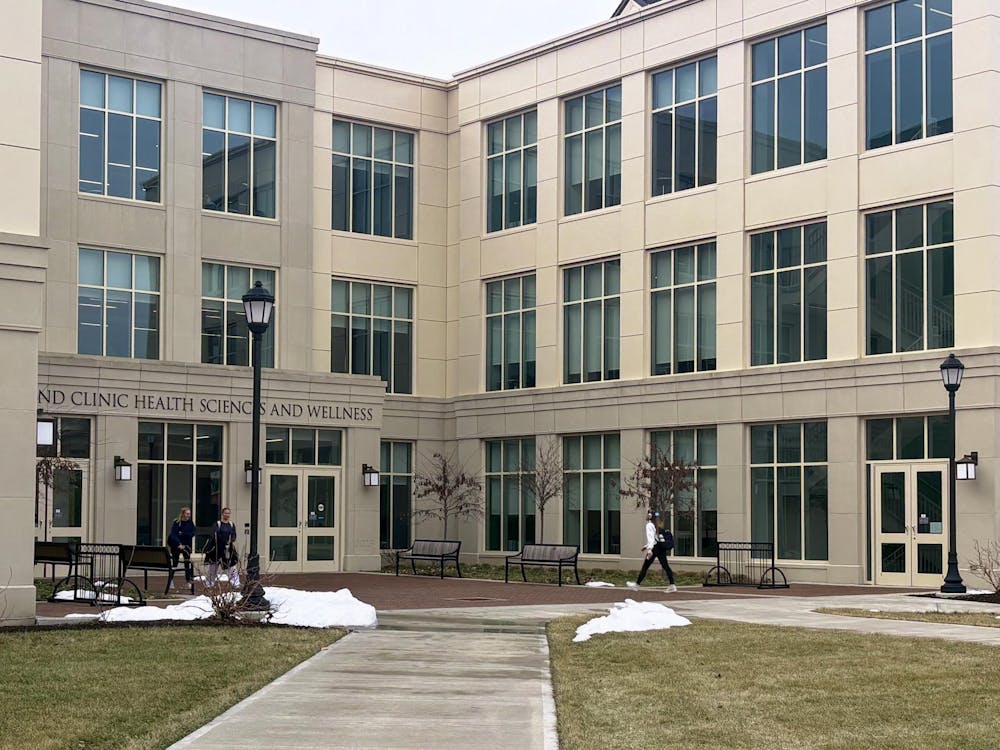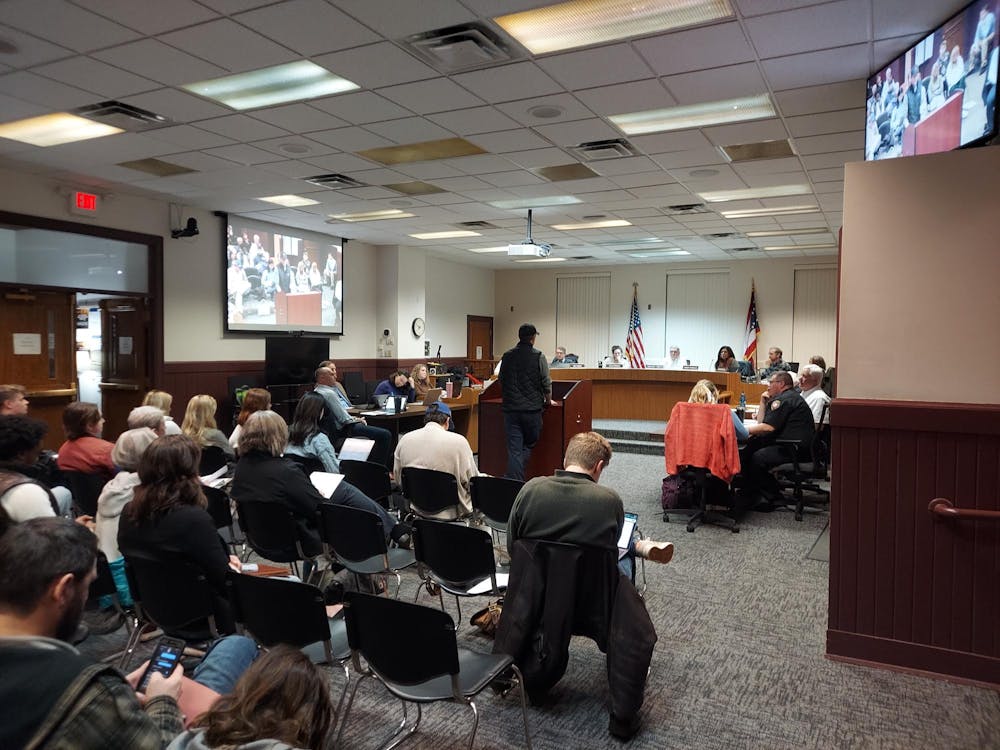As states across the U.S. look to pass legislation limiting education on divisive topics in school, students and staff at Talawanda School District (TSD) are preparing for the potential passage of two such bills in Ohio’s House of Representatives.
Some Talawanda students and staff are worried about what the passage of those bills would mean for their schools, including Talawanda High School (THS) senior Michelle Miao.
“I feel like the goal is to revise American history to erase some of the hard moments,” Miao said. “I think you can really show this true understanding and appreciation for America by recognizing and studying both the victories and mistakes.”
House Bill 322 and House Bill 327, which were proposed last May and have been under review from the State and Local Government Committee since June, target discussion of hot-button issues including Critical Race Theory (CRT).
Bill 322 would block school districts from requiring education on current events or teaching that “fault, blame or bias should be assigned to a race or sex.” Bill 327 would ban the teaching of “divisive concepts” in state school districts and public universities, including race, sex and ethnicity.
The bills’ definitions of divisive concepts are closely linked to the concept of CRT.
Rodney Coates, a professor of global and intercultural studies at Miami University, said CRT is a theoretical approach that aims to describe how society’s structure negatively impacts people of particular races, genders and classes. When discussing the role that the teaching of such topics plays in formal education, Coates compared it to the values that Americans hold.
“If indeed we value democracy, if indeed we value the free exchange of ideas, if indeed we value what we call education,” Coates said, “then guess what? We’re going to have to have difficult conversations.”
Ted Caudill, a history teacher at THS, said he was wary of the bills’ impact on K-12 education and on teachers.
Caudill said teachers might worry about getting in trouble and would have to ask themselves how much they would be allowed to talk about the affected topics, such as slavery.
“I am concerned about these topics having a chilling effect in the classroom,” Caudill said, “where you have teachers who are afraid if they bring up a topic that deals with race.”
Proponents of the bills like Republican House representative Adam Holmes, argue that the bills don’t target education but rather indoctrination that they believe occurs in schools today.
Enjoy what you're reading?
Signup for our newsletter
"This bill does not prevent schools or government entities from teaching about racism, slavery or segregation,” Holmes told WKYC, “but it does prohibit schools from indoctrinating students by claiming one race is superior to the other.”
Miao said she’s concerned about the bill’s implications on course offerings, including Advanced Placement (AP) courses for high school students.
“It would keep students from receiving a complete education,” Miao said. “I think if it passes, there’s definitely a possibility that certain AP courses will have to be removed because the curriculum is at odds with the content of the House bills.”
Ethan Pratt, a first-year political science major at Miami, shared the same concern for the status of AP classes, as well as education in general.
On its website, the College Board wrote that “if a school bans required topics from their AP course, the AP program removes the AP designation from that course.” The addition of this line raised a few concerns in Pratt for incoming students not getting credits for previously AP-designated courses.
“I came in with thirteen AP credit transfers, and some of them were classes that could have been affected by these bills,” Pratt said.
Miao believed it would be unfortunate if students were deprived of certain classes because of the bills. Miao also said she valued the ability to take a “three-dimensional analysis” of historical events, such as the Civil Rights Movement or the Vietnam War, and current ones that her classmates were happy to explore in depth.
“It definitely made us more thoughtful about the world,” Miao said. “So to see these bills trying to curb that kind of thought because of some sort of ‘historical revisionism’ goal, it’s just kind of disappointing to me.”
Holli Morrish, director of communications at TSD, said the bills would present formal education with an obstacle, citing Talawanda’s goal to respect everyone and maintain integrity.
“It’s really difficult for a learning center to be tasked with sharing information about historical events and then not being permitted to share that information with accuracy,” Morrish said.
Morrish said the bills would affect the social and emotional wellbeing of students. She said students wouldn’t be allowed to discuss some topics that matter to them.
“We certainly want to develop [all of our students] academically, but we also want to support them from a social-emotional perspective,” Morrish said.
Given how the school district serves children from pre-kindergarten to 12th grade, Morrish said state legislators should not over-regulate the professionals that its education system produces.
“Our universities train education professionals to come in and do a job,” Morrish said. “I don’t understand why we’re not trusting them to do that.”
Caudill said he valued the importance of offering different perspectives to immediate communities as well as classrooms.
“My African American students aren’t going to have the same perspective as my students who are white,” Caudill said. “My male students are not going to have the same perspectives as my female students, and I think we all need to learn from each other.”
As a teacher, Caudill believes in students’ ability to learn about American history, flaws and all.
“I think our young people are capable of learning that,” Caudill said. “I think they’re capable of understanding that our country’s history is not perfect.”




